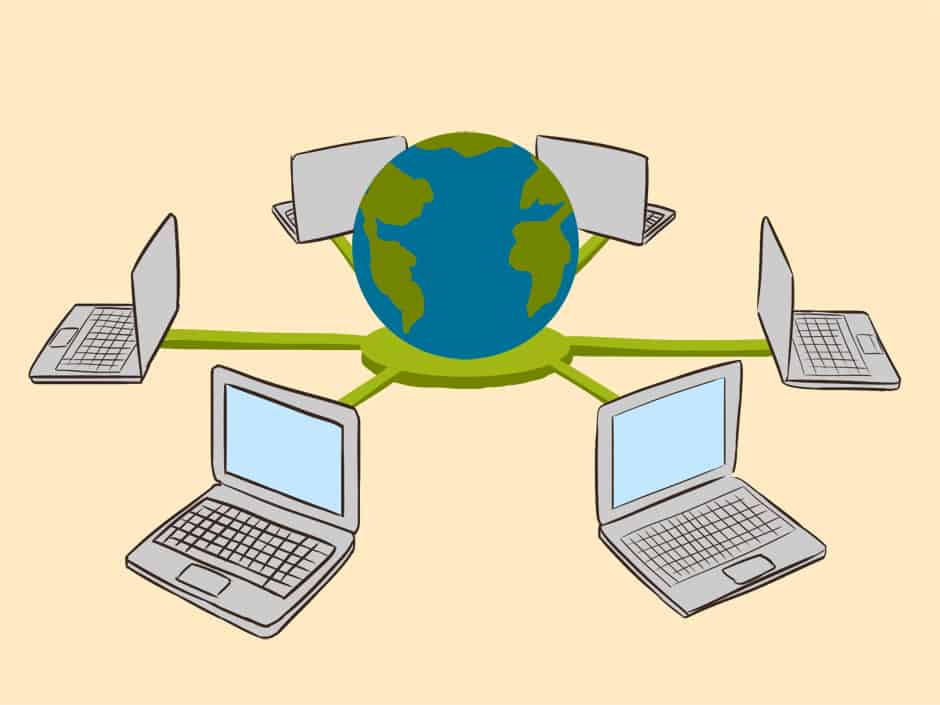Your next contribution to cancer research might be in your pocket right now — and it’s not in your wallet. A group of scientists, headed by Dr. Igor Jurisica at the Princess Margaret Cancer Centre are using the processing power of millions of personal computers and devices to identify new markers for various cancers.
Cancer markers, such as mutations in the genes BRCA1 and BRCA2, are chemical signatures associated with the risk of developing cancer and cancer progression. Researchers working on the Mapping Cancer Markers project are using data obtained from tissue samples to discover novel markers that could be used to identify patients at risk for developing a particular cancer, and to predict how cancer patients will respond to certain treatments. Such an analysis involves thousands of signatures containing varying numbers of genes and requires enormous amounts of computational resources.
This is where the World Community Grid comes in. Developed by IBM Corporate Citizenship, this network allows volunteers to contribute computing power to massive computational projects. Users can download portions of currently running projects onto their computers, smartphones, or tablets.
The software is compatible with Windows, Mac, or Linux systems and will run in the background or as a screensaver using spare processing capacity. Once the mini-project is completed, the data is uploaded onto World Community Grid servers and then sent back to the researchers.
“[The availability of the grid] completely changed the way we were thinking about the problem,” said Jurisica, explaining that it enabled the group to decide on the most rational way of performing analyses without having to take technical limitations into account.
To put the power of the World Community Grid into perspective, Jurisica estimates that another project the group put on the grid some years back that would have taken roughly 180 years to complete with the next-best technology available to them at the time, took five and a half years on the grid.
So far, the Mapping Cancer Markers project has focused on lung cancer and will move to looking for ovarian cancer markers next. The project has several other aims, including developing more efficient algorithms that will eliminate the need for a supercomputer. Jurisica also hopes to gain insight into biological mechanisms and improve researchers’ understanding of why particular genetic and chemical combinations lead to cancer so that new drugs and treatments can be developed.
“You can segregate patients based on high and low risk [which is] great,” Jurisica said, adding, “But if I am a patient and somebody tells me, ‘your prognosis is very poor’…now what?”
Currently, with the help of 670,000 volunteers and just under three million computing devices, the World Community Grid is supporting three computational projects with diverse focuses such as health research and the development of sustainable energy sources. Over the years, it has backed 22 projects and accumulated a community of enthusiastic volunteers in the process.
“It’s a computational grid, but it’s almost like a social network,” said Jurisica. “…So there is a forum where people ask questions, get answers, discuss issues…I had several people asking what computers should they buy so they would be able to support more computation for our project,” he added.


